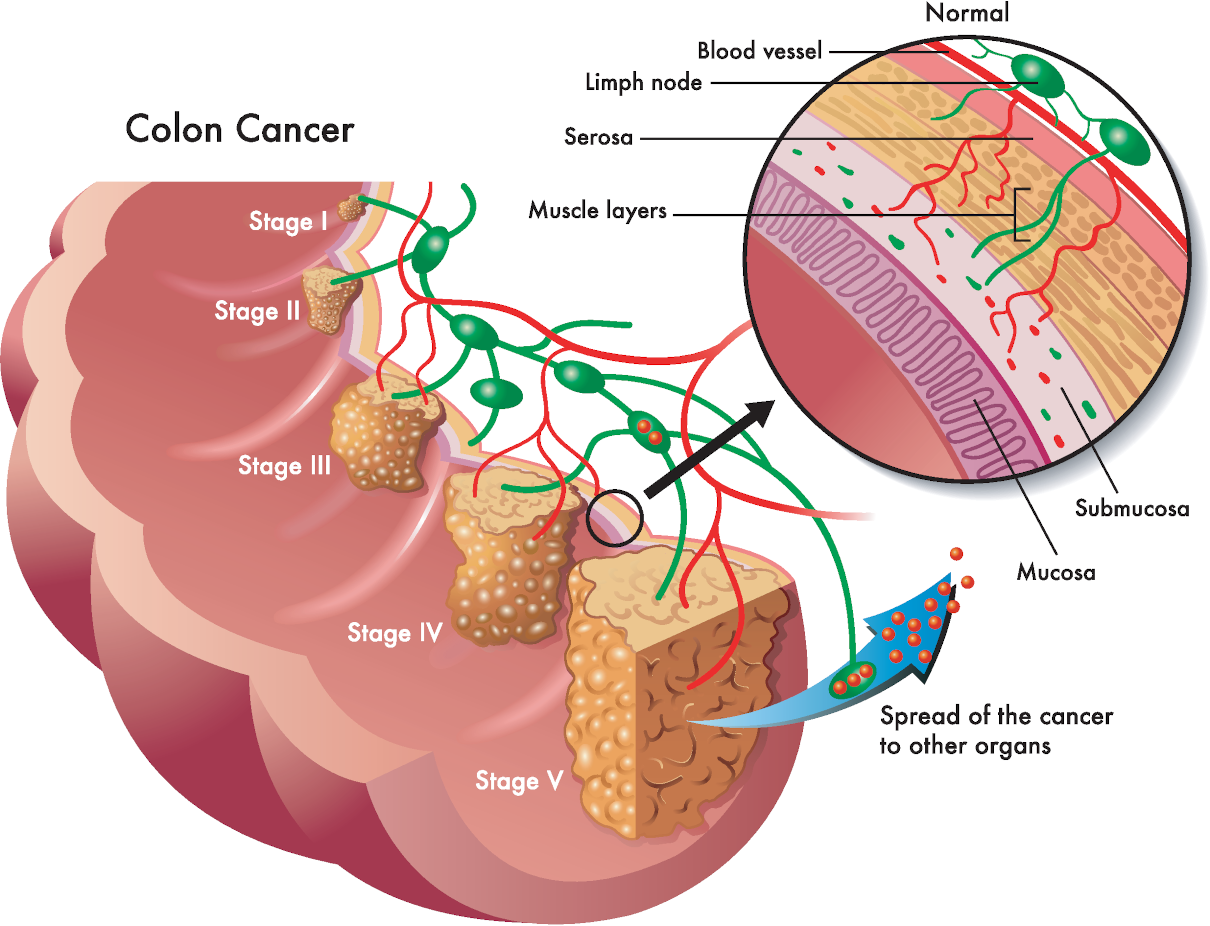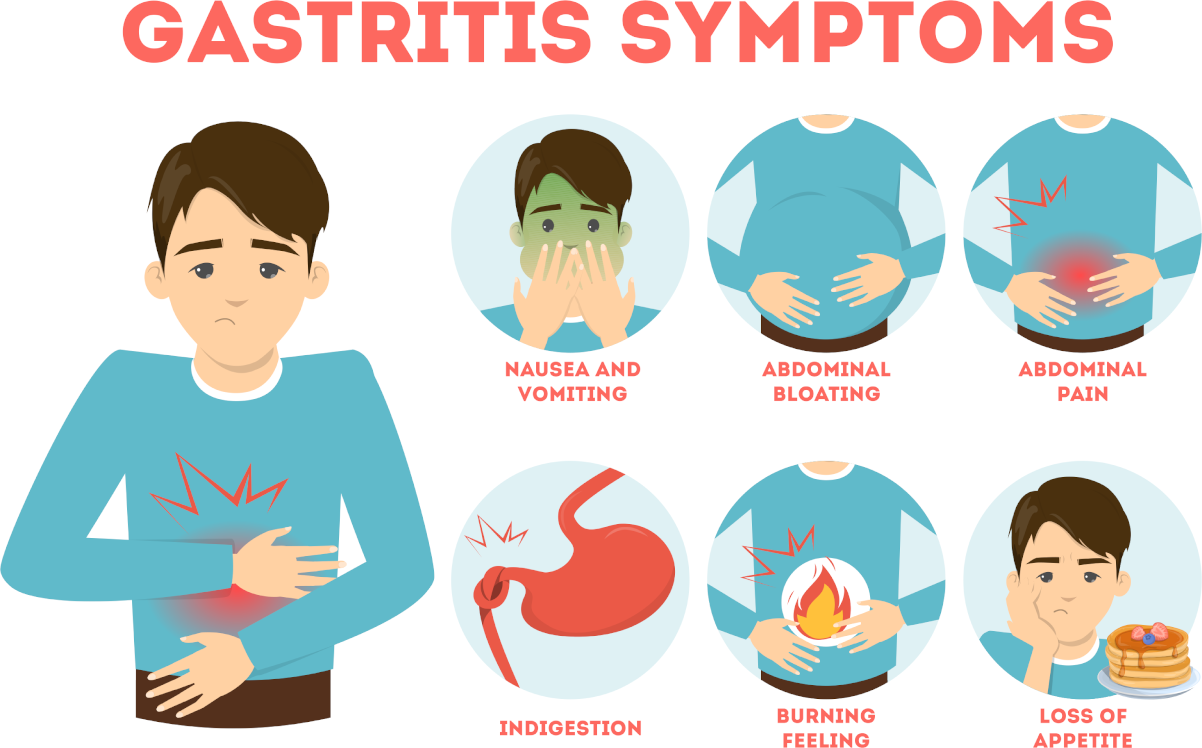
Colonic irrigation in Bristol is one of the most effective therapies for healing the body. It helps fight against parasites, improves metabolism, and copes with dysbacteriosis.
The accumulation of faeces leads to impaired digestion and creates conditions for parasitic infections. Washing the bowel creates an opportunity for a complete cure for helminthiasis. However, anthelmintic drugs are the basis of treatment.
Recommendation
You may suspect the presence of worms. Then, we recommend the following treatment regimen:
- two bowel cleansing sessions to improve drug access to the parasite;
- then taking antihelminthic drugs;
- Finally, three to four colonics wash out dead helminths and their toxins.
The course of colonic irrigation in Bristol improves metabolism, which consequently causes patients to lose weight. Furthermore, this treatment reduces the belly and increases the tone of the anterior abdominal wall. Thus, it has a beneficial effect on the shape of the body.
Experience shows that weight loss ranges from two to five kilograms during the course. We have noticed colon hydrotherapy patients seek a balanced diet after the procedure.
Currently, colonic treatments are available at our Holborn location in the centre of London.

Probiotic implant and colonic irrigation
Colon hydrotherapy with high-strength probiotic implant and comprehensive consultation is available at Parkland Natural Health Clinic.
Treatment of dysbiosis by colonic irrigation in Bristol
One of the main indications for colonic irrigation in Bristol is dysbiosis. It is a fairly common condition. The basis of this pathology is a violation of the intestinal microflora firstly. The second reason is a decrease in the quantity and quality of normal microflora and the appearance of a pathogenic one.
There is an opinion that colonic hydrotherapy washes the normal microflora away. However, this opinion is erroneous. We can not remove the intestinal microflora mechanically. The body loses up to a billion microorganisms with each excretion. However, the flora restores instantly due to the enormous speed of microbial reproduction.

Food intolerance test of 208 ingredients
This one is our most comprehensive food and drink test. The test analyses your client’s IgG antibody reactions to 208 food and drink ingredients. This test will highlight their food triggers and help you formulate an IgG-guided elimination diet together.
Treatment
Colon hydrotherapy predominantly removes the pathogenic flora, which is closely associated with faecal deposits. Thus, intestinal lavage does not flush the probiotics but, on the contrary, allows them to adjust and improve their composition.
To date, we have developed a unique course for treating dysbacteriosis. It includes colon hydrotherapy sessions and the direct introduction of probiotic implants into the bowels necessary for each individual.










